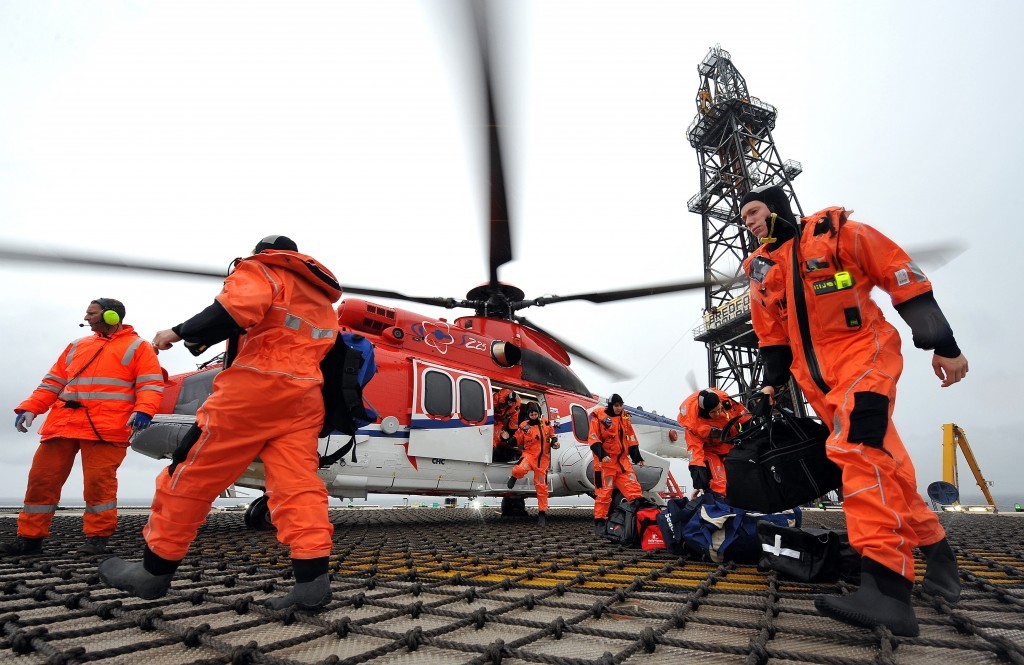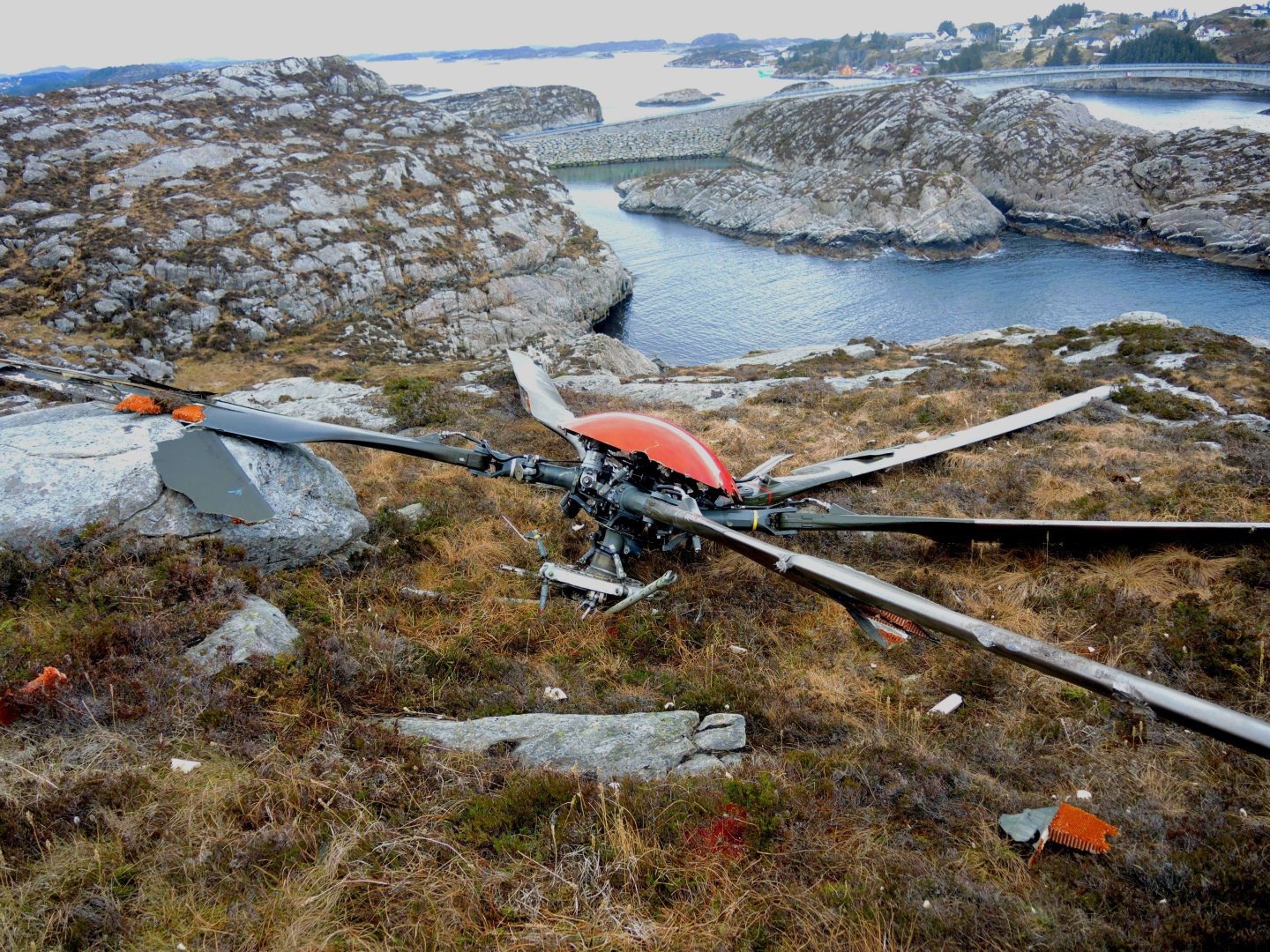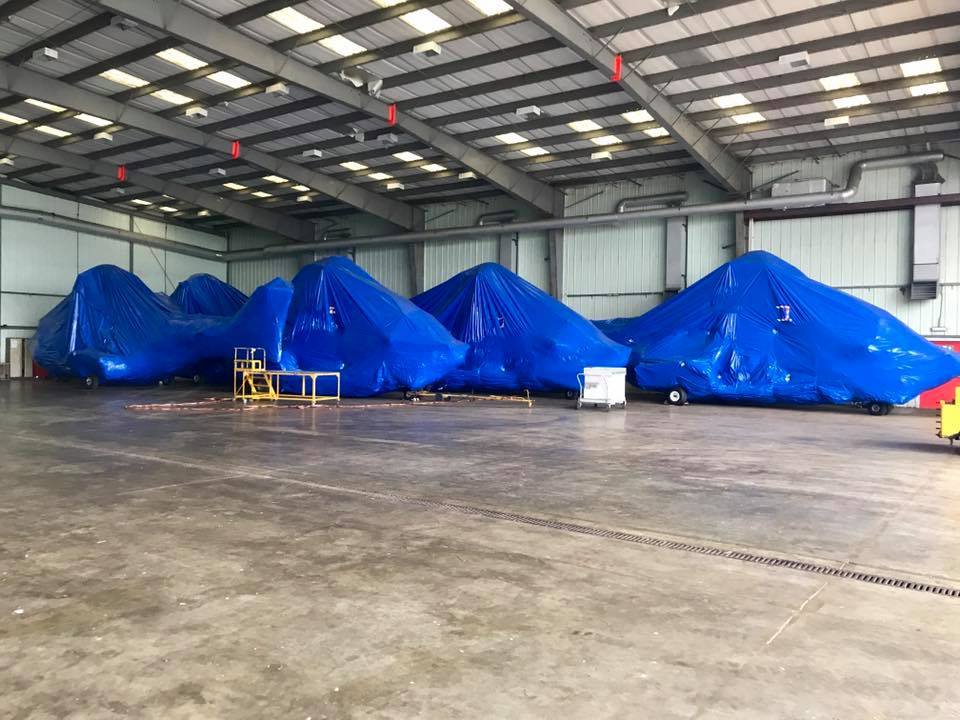
A senior executive at Shell’s aircraft division has suggested the H225 Super Puma helicopter could return to the operator’s list of approved aircraft later this year.
The Airbus Super Puma once handled around 80% of North Sea offshore flights, but the industry abandoned it after a fatal crash which killed 16 people in Norway in 2016.
Shell Aircraft vice president Tony Cramp reportedly made the comments during a panel discussion at the Helicopter Investor forum in London yesterday.
Two aviation industry sources told Energy Voice that Mr Cramp said Shell staff visited the Airbus factory in Marignane, France, last year.
Mr Cramp said Shell was “impressed” with recent changes Airbus has made to the Super Puma’s main rotor gearbox, which was found to be the probable cause of the 2016 crash.
He also announced that the Super Puma will “probably” return to the list of Shell approved aircraft later this year, according to the two sources Energy Voice spoke to.
This is despite the Super Puma currently not fully meeting guidelines set by the International Association of Oil & Gas Producers (IOGP) aviation sub committee, one industry source said.
However, another industry source said Airbus expects to make the Super Puma fully IOGP compliant by 2029.
While the Super Puma does not currently meet IOGP aviation guidelines, these are not legally binding and the aircraft has been cleared to fly by the UK Civil Aviation Authority.
Shell will consult with unions on Super Puma
A spokesperson for Shell confirmed to Energy Voice that the company is likely to add the Super Puma to its certified list.
Airbus have made design changes to the gearbox issues of this helicopter to address the earlier issues, and it is likely to be added to Shell’s list of certified aircraft once the usual processes have concluded,” the spokesperson said.
“However, this does not mean it would automatically be used to transport personnel offshore.
“As discussed in recent weeks with unions representing UK offshore staff, it would only be used in the UK after close consultation with them and employees.”
Unions push back against Super Puma return
The comments from Mr Cramp come as the Unite union today released the results of a survey of 1,200 offshore oil and gas workers which highlighted concerns about helicopter safety.
Around 75% of respondents said they “would never fly again” in the Super Puma.
A further 18% said they would need to be convinced safety concerns were fully addressed before considering it.
The union survey followed comments made by Airbus executives earlier this year hinting at the possible return of the Super Puma to offshore flights.
But the RMT union has previously vowed to fight any attempt to reintroduce the Super Puma, saying it would “poison industrial relations” in the North Sea.
Similarly, Unite lead officer in the offshore sector John Boland said the industry “must take note of what offshore workers are saying” and work with the union to resolve helicopter safety concerns.
Super Puma demand
Since North Sea operators abandoned the Super Puma in 2016, the demand for heavy lift flights has largely been taken on by the Sikorsky S-92 helicopter.
But with severe parts shortages limiting the operational availability of the S-92 in recent months, frustrated helicopter operators are starting to look at alternative options.
North Sea operators have introduced super-medium helicopters like the Airbus H175 and Leonardo AW189 over the last ten years to fly some of the same routes previously flown by ‘heavies’.
But these super-mediums have reached 100% contracted utilisation in the North Sea, leading to more demand for the S-92, which remains the only comparable heavy-lift alternative to the Super Puma.
However, the aircraft is unlikely to return to the North Sea any time soon due to high demand elsewhere.
The Super Puma remains in use in other aviation sectors like search and rescue and firefighting, and the German federal police this week placed an order for 44 helicopters.
As a result, even if offshore operators decided to order new Super Pumas, industry sources told Energy Voice that Airbus could not deliver any aircraft until 2029.
Recommended for you


 © Supplied by Accident Investigati
© Supplied by Accident Investigati